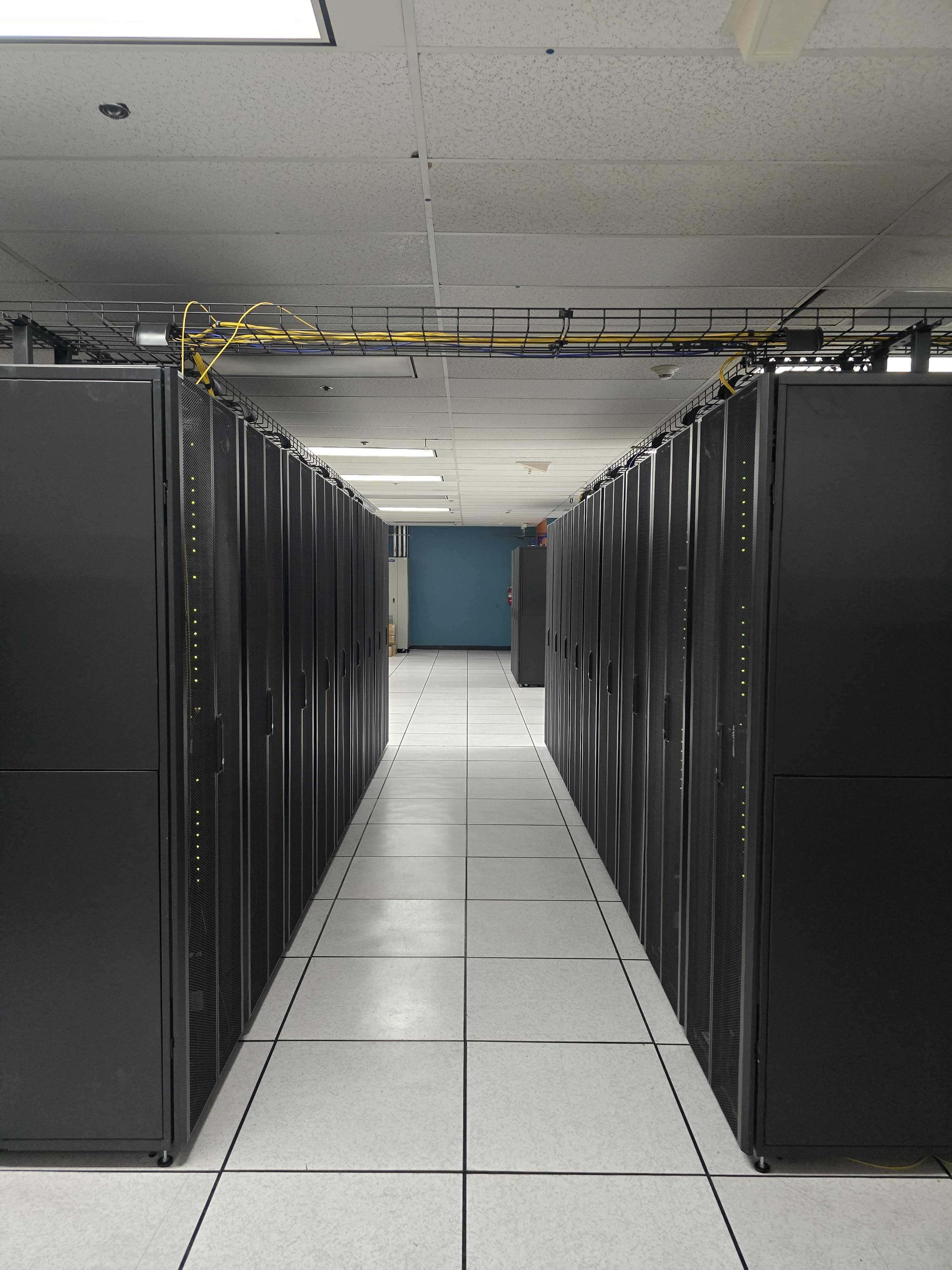Colocation Definition and Meaning | Why Businesses Choose It for Data Security?
In today’s digital-first world, data is the backbone of every business. Whether you’re a growing startup or a global enterprise, your servers hold the most valuable asset — information. Colocation Definition, but as data volumes grow, managing servers in-house becomes increasingly complex, costly, and risky. That’s where Colocation Definition enters the picture — a concept often searched with curiosity as “colocation definition ,” yet fundamental to modern IT infrastructure.
This guide will explore the colocation definition, how it works, and why businesses across the world are turning to professional colocation facilities for unmatched security, reliability, and scalability on server colocation.
Colocation Definition
Let’s start with the basics — what does colocation actually mean?
Colocation, often referred to as “colo,” is the practice of housing privately-owned servers and networking equipment in a third-party data center. The term originates from the word “co-locate,” meaning “to place together.” In simple terms, it means your company’s servers are physically stored and maintained within another company’s secure data center facility.
So, when people search for “colocation definition,” they’re looking for a clear understanding of how this arrangement helps businesses avoid the headaches of managing physical IT environments. You still own your servers — but instead of keeping them in your office or warehouse, you colocate them in a purpose-built, climate-controlled, and power-redundant data center managed by professionals.
Colocation Definition, this setup gives you control over your equipment but offloads the burden of managing power, cooling, connectivity, and physical security.
The Evolution of Colocation: From On-Premise to Modern Data Centers
Understanding the colocation definition also means recognizing how it evolved. In the early days of IT infrastructure, companies built their own server rooms — often small, poorly ventilated spaces that were prone to power outages and limited scalability. As technology advanced and uptime expectations grew, these makeshift server rooms couldn’t keep up. By the early 2000s, colocation data centers emerged as a smarter alternative. Colocation Definition, instead of managing costly private infrastructure, businesses could rent space in professional facilities designed for resilience and redundancy. Today, colocation facilities represent the backbone of the internet — hosting millions of servers for businesses, cloud providers, and government organizations worldwide. Check Colocation server hosting services by ColoCrossing.
Who Needs Colocation?
Colocation isn’t just for tech giants — it benefits a wide range of industries:
- Financial Firms: Require high-speed, secure connectivity.
- Healthcare Organizations: Need HIPAA-compliant infrastructure.
- E-commerce Platforms: Demand constant uptime for transactions.
- Gaming Companies: Require low latency and performance consistency.
- Enterprises: Scale operations while maintaining compliance and control.
Even smaller companies benefit from colocation’s reliability when scaling beyond shared or cloud hosting limitations.
The Future of Colocation
As edge computing, AI, and hybrid cloud models evolve, the relevance of colocation is only increasing. Future-ready businesses are adopting colocation as part of hybrid infrastructures — combining private servers with cloud scalability. The colocation data center becomes the foundation for high-performance workloads that need both control and connectivity. With increased focus on sustainability, compliance, and global accessibility, colocation will remain the backbone of enterprise infrastructure for decades to come.
Conclusion
Understanding the colocation definition is the first step toward embracing a smarter, more secure IT future. Colocation isn’t just about renting space — it’s about partnering with experts who can help you maximize uptime, minimize risks, and scale with confidence.
By choosing providers like ColoCrossing , you gain more than infrastructure — you gain reliability, expertise, and peace of mind. In an era where data drives decisions, colocation provides the stable foundation businesses need to innovate, compete, and grow — securely and efficiently.
ColoCrossing provides enterprise-grade colo and colocation solutions designed for reliability, security, and scalability. Our infrastructure supports high-performance bare metal server deployments, including bare metal dedicated server and bare metal dedicated servers built for demanding workloads. With industry-leading dedicated hosting , we deliver some of the best dedicated server hosting options backed by robust networks and expert support. Whether you need flexible dedicated server hosting , a powerful dedicated server , or fully managed dedicated servers , ColoCrossing delivers dependable performance and full control to power your business.
FAQs
What is the definition of colocation?
Colocation is a data center service where businesses house their own servers and networking equipment in a third-party facility that provides the essential infrastructure, including power, cooling, physical security, and high-speed network connectivity. Colocation Definition, the business retains full ownership and control of its hardware while benefiting from a professionally managed environment.
What is a colocation data center?
A colocation data center is a specialized facility designed to host customer-owned IT equipment. It offers secure rack space, redundant power and cooling systems, multiple network carriers, and 24/7 monitoring. Colocation data centers are built to ensure high availability, uptime, and scalability for critical business infrastructure.
Is colocation secure?
Yes, colocation is highly secure. Colocation Definition facilities implement multiple layers of physical and network security, such as controlled access, surveillance, on-site personnel, fire suppression systems, and network protections. Because the hardware is dedicated to a single organization, colocation also reduces risks associated with shared environments, making it a strong option for security- and compliance-focused businesses.
ColoCrossing excels in providing enterprise Colocation Services, Dedicated Servers, VPS, and a variety of Managed Solutions, operating from 10 data center locations nationwide. We cater to the diverse needs of businesses of any size, offering tailored solutions for your unique requirements. With our unwavering commitment to reliability, security, and performance, we ensure a seamless hosting experience.
For Inquiries or to receive a personalized quote, please reach out to us through our contact form here or email us at sales@colocrossing.com.

